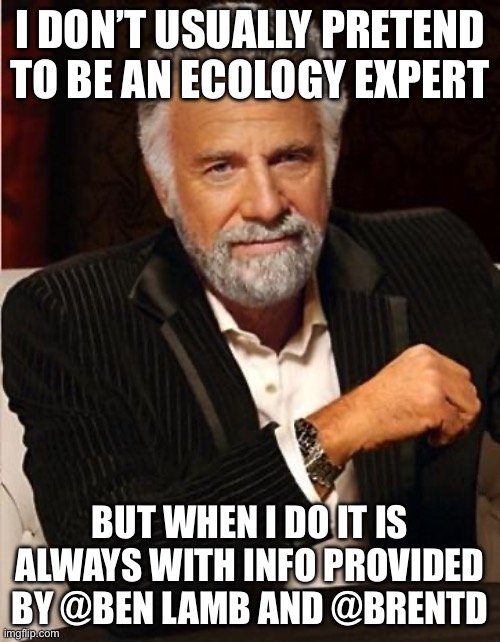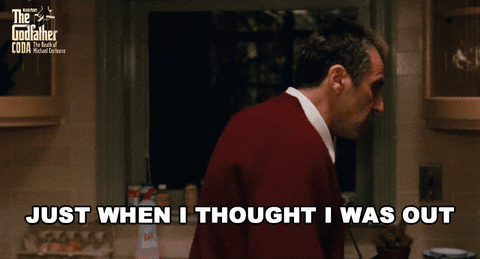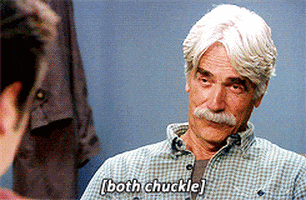So all of the credible research studies on the coyote/lynx-hare relationship is hogwash?
i dunno, probably not.
but that doesn't mean the concept of "the balance of nature" isn't an overly simplistic take on biology and ecosystem science, that is, in fact, a discredited theory.
it's more nuanced than people realize, and especially more nuanced the the center for biological diversity would like people to believe.

The ‘balance of nature’ is an enduring concept. But it’s wrong, says modern ecological science.
From the ancient Greeks to the Lion King, people have sought balance in nature—but the real world isn’t like that.
The “Balance of Nature”—Evolution of a Panchreston - PMC
The notion of a “balance of nature” stretches back at least to the ancient Greeks, but with widely varying conceptions. Originally seen as bestowed by God to protect humankind, after Darwin, the balance came to be seen as fragile, arising by natural ...
For academic ecologists, the notion of a balance of nature has become passé, and the term is widely recognized as a panchreston [30]—a term that means so many different things to different people that it is useless as a theoretical framework or explanatory device. Much recent research has been devoted to emphasizing the dynamic aspects of nature and prominence of natural or anthropogenic disturbances, particularly as evidenced by vicissitudes of population sizes, and advances the idea that there is no such thing as a long-term equilibrium (e.g., [31],[32]). Some authors explicitly relate this research to a rejection of the concept of a balance of nature (e.g., [33]–[35]), Pickett et al. [33] going so far as to say it must be replaced by a different metaphor, the “flux of nature.”

What Is the Balance of Nature?
The Balance of Nature theory proposes that ecological systems work to maintain a point of balance.
the point here is that the world is very chaotic and complex and the notion that disturbances to a system will be counteracted in the long run is not always true.
and it's ESPECIALLY not true when all the other factors are taken into account that result in mortality of a population - the key point being here, the impacts of human presence. a predator prey model may work real well in some places and really poorly in others is one way i interpret the concepts here.
back to your other point, in a hypothetical (that i don't necessarily believe will even be true someday) - once all the deer are gone and the wolves move on, the deer may not come back, because we've simply disturbed the landscape too much, and you suppose i really have the ability to pull the levers that would make them be able to come back? i can fight for it, but i can't make it happen.






